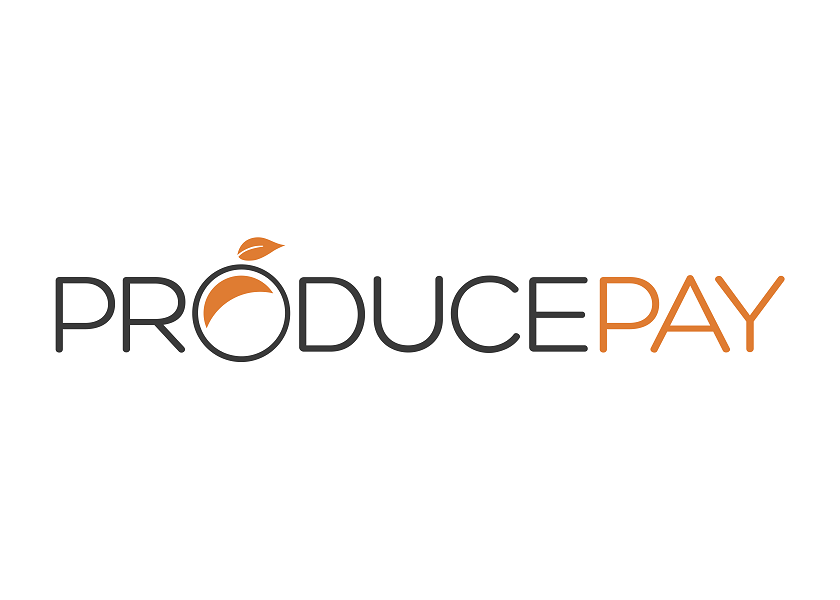Survey from ProducePay reveals grower and buyer concern over price volatility

Los Angeles-based ProducePay has released findings of a national survey that examined the day-to-day challenges of U.S. produce growers and buyers.
ProducePay’s survey probed industry views on record inflation, rising production costs, supply chain disruptions and extreme weather events, according to a news release.
Both produce growers and buyers across the U.S. participated in ProducePay’s national survey, the release said, and their input revealed a shared desire for greater access to trading partners and greater security in pricing across the produce industry.
According to the survey’s findings, 48% of growers and 47% of buyers identified price volatility as one of the primary challenges to managing their day-to-day operations. In addition, the release said 68% of growers surveyed said that being able to reach fair pricing terms is their major pain point when it comes to trading.
While produce growers and buyers align on growth hurdles, some perspectives revealed in ProducePay’s survey diverged.
For example, opinions about how to deal with post-harvest waste were varied.
The majority of growers (57%) said that having access to more buyers was the most effective means of eliminating waste, while buyers identified greater transparency into a grower’s sustainability practices as their most effective tactic, according to the release.
The survey found that sustainability was a significant priority for both growers and buyers, the release said. More than 43% of buyers said that sustainable practices are one of the requirements they look for in a grower, besides their production capacity and certifications.
The majority (55%) of buyers also said their companies have carbon reduction targets, and 50% of growers said that implementing sustainable practices is extremely important to them.
The survey found most growers were already implementing protected agricultural practices (70%) and crop rotation (61%).
Approximately 53% of the growers said that their primary challenge with implementing these sustainable practices is that market pricing does not allow them to recuperate their investment costs.
Additional highlights from ProducePay’s survey include:
- Nearly 43% of buyers indicated they have trouble finding consistent growers to purchase from, and 41% of buyers said they have difficulty finding enough supply from growers
- 40% of buyers said they currently look for new growers through acquaintances, 31% of them look for growers at trade shows and only 10% use online marketplaces
- 50% of growers said that they have difficulty finding consistent buyers
- Nearly 45% of growers agreed that being unable to expand and diversify their portfolio is stunting business growth
“There’s an urgent need to bring more transparency and efficiency to all aspects of the global produce supply chain,” Pablo Borquez Schwarzbeck, CEO and founder of ProducePay, said in the release. “Underpinning many of the survey responses we received was a resounding plea for the kind of price stability that only happens when trading partners have direct access to one another and can reach more agreeable and profitable business terms.”
Since it was launched in 2017, ProducePay’s marketplace has been an important platform for pre-vetting and matching growers and buyers, empowering them to make transactions directly with each other, according to the release.
In a recent move to give its users more transparency into pricing data, ProducePay has enhanced its pricing data visualization feature to allow buyers and growers to view pricing indexes based on transaction histories from both USDA and ProducePay marketplace transactions for over 30 different commodities, according to the release. With this new tool, users are able to see pricing and movement data to evaluate fair pricing of their own trading on ProducePay’s marketplace, the release said.
“As a new member on ProducePay’s platform, it has been very important to find a strategic partner that provides me valuable information about the U.S. market,” Pablo Carlos Garcia Lopez, owner of Fresh4All LLC in McAllen, Texas, said in the release. “The biggest challenge I face is being unsure of how to price my product and compete with other producers when conditions change from one day to the next. It has been extremely helpful to have a broader understanding of current pricing trends so that I am making more informed decisions when selling my Persian limes on the marketplace.”
Providing growers with the instructional and financial resources to advance their sustainable efforts continues to be a priority for ProducePay, the release said, and the company is launching a carbon offset program designed for the produce industry.







